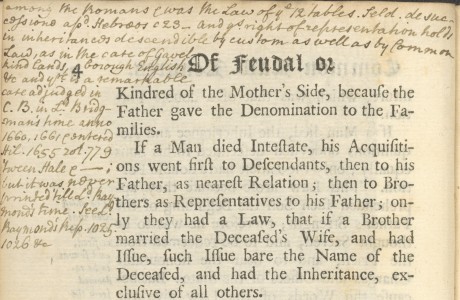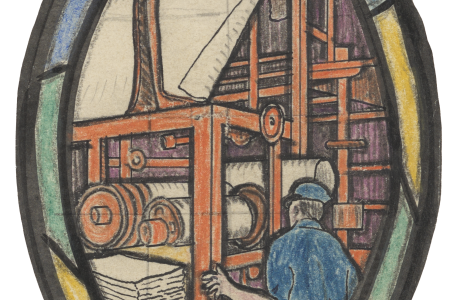African-American History in our American Trials Collection, #1

Trials involving African Americans figure prominently in the collection, because of their prominent role in American history and their continuing interest for researchers. I gave a presentation on them, Race on the Stand: African-American History in the Law Librarys American Trials Collection, on Feb. 20, 2008, for a Black History Month event organized by the Standing Committee on Professional Awareness of the Yale University Library.
Trial accounts are valuable and fascinating documents for several reasons. By recording testimony and court debates, they capture voices from the past. In contrast to appellate proceedings – where lawyers and judges are talking among themselves – trials capture a broader range of voices. Trial accounts are unique primary sources, capturing the proceedings in lower courts that usually cant be found anywhere else. Through testimony and fact-finding, trials provide a window on social conditions, living conditions, and attitudes.
For African-American history in particular, battles over slavery and race were often fought in the courts.
What do I mean by “American trials”? They are typically small, cheaply produced pamphlets like the 8-page item shown at right, Case of the Slave Isaac Brown: An Outrage Exposed (1847?).
The case itself involved a trumped-up charge that an African American in Pennsylvania was a fugitive from justice. Brown had been punished for an assault two years before in Maryland, and then sold to a planter in Louisiana. Somehow he made it to Pennsylvania. His former owner in Maryland obtained an arrest warrant. Two attorneys took Brown’s case and won his freedom. The case itself shows how both pro-slavery and anti-slavery groups made of the courts to further their goals.
The pamphlet itself demonstrates how trial pamphlets were used as propaganda, and also to publicize the tricks used by slave catchers. The anonymous author concludes:
“The case of Isaac Brown shows with what facility any honest citizen of Pennsylvania may be seized under a requisition from the Executive of another State, on some false and malicious charge …, banished from his native soil, tried among strangers before a foreign tribunal, and convicted and punished by the perjury of those who committed the crime, and who escape by fastening it upon him. It is a lesson to our Governor, our Courts and our People.”
Abolitionists are here telling their readers: “This could happen to YOU.” They argued that slavery laws threatened the white population as well as African Americans.
The American Memory site at the Library of Congress provides the full text and images of The Case of the Slave Isaac Brown.
I’ll be posting other examples from my presentation in the next several days.
MIKE WIDENER
Rare Book Librarian


